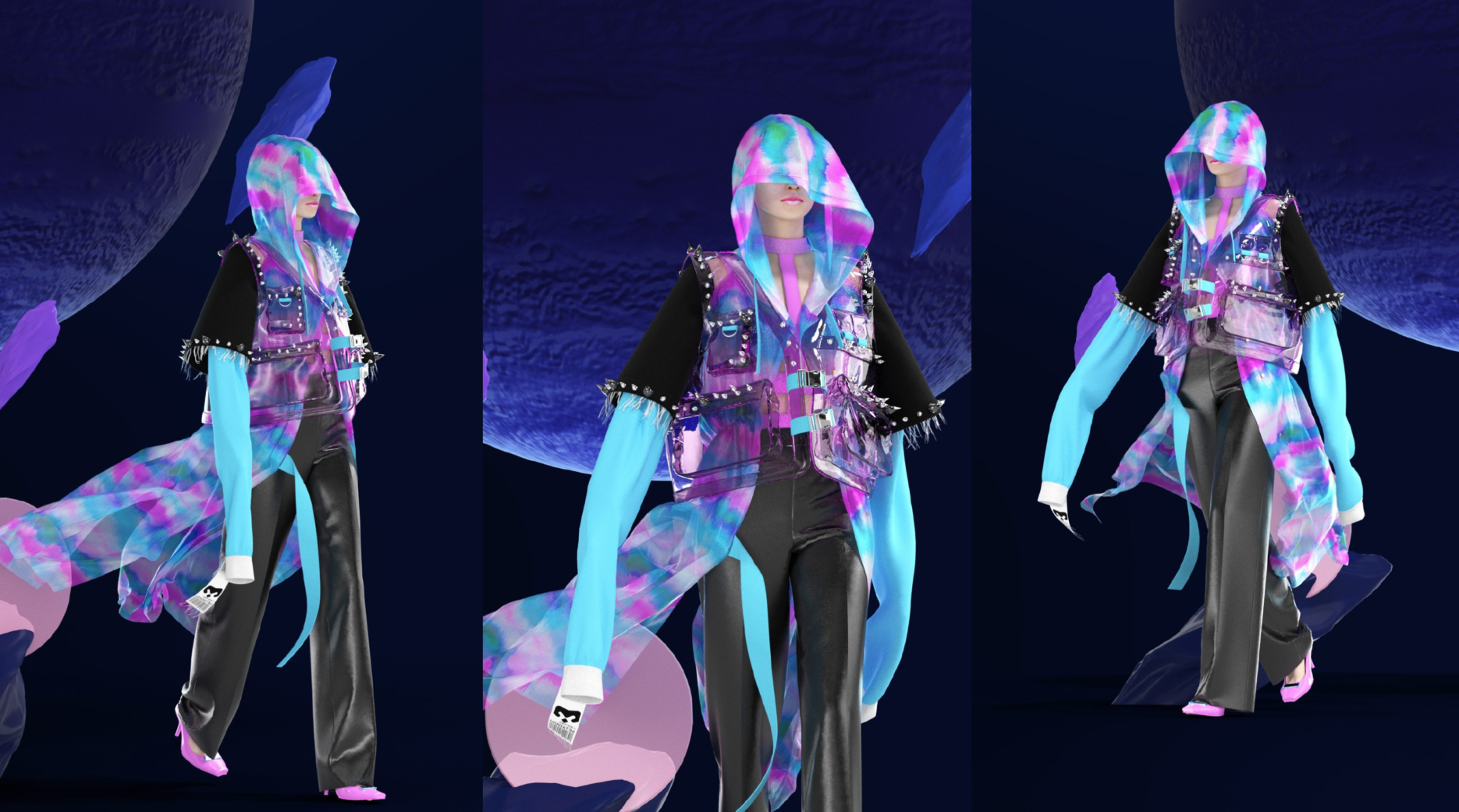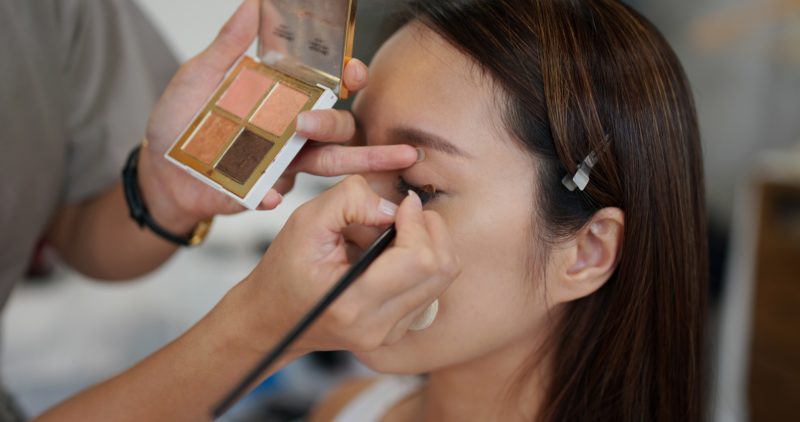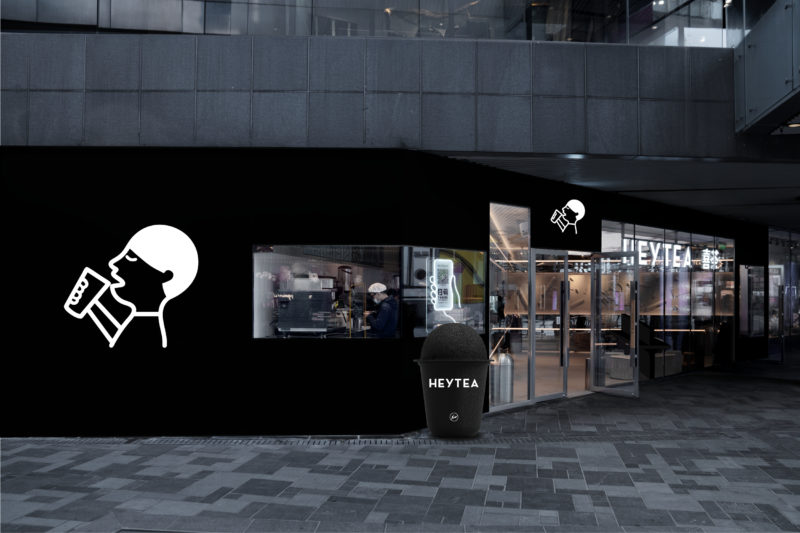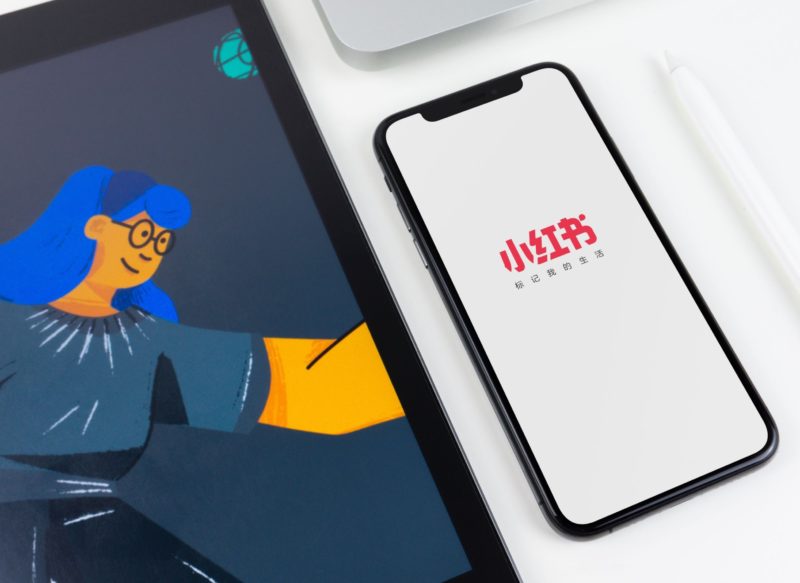The parent company of the viral short video app Douyin (Chinese TikTok) has joined the ranks of digital fashion by launching its own community known as “Pheagee”, as per the Chinese technology media outlet Tech Planet on 25 April.
The new business, which is developed by an affiliation called Shanghai Pheagee Technology is wholly owned by the tech giant ByteDance, and is supervised by Ren Lifeng, the head of ByteDance’s VR business “PICO” (a Chinese virtual reality start-up acquired by ByteDance last August).
It is understood that Pheagee is to integrate virtual humans and digital wear, including digital fashion. Moreover, the brand-new online space is designed to become “a platform that enables continuous output of digital fashion” with links to the group’s existing core units including Douyin e-commerce and PICO, showing ByteDance’s ambition to push further into China’s extended reality space and to gain traction in one of the most craved digital trends.
In fact, several other leading Chinese tech firms have already pressed ahead with their layout in digital fashion as the practice becomes an emerging sub-industry that revolves around fashion design in the digital field, which is driven by a hyped concept such as metaverse. Included is China’s biggest lifestyle-sharing online community Xiaohongshu and the biggest gaming publisher Tencent.
Xiaohongshu’s digital collectible platform R-SPACE soon turned into a stage showcase, with posts of young fashion-chasers dressing in digital outfits created by designer brands being the new trend. Tencent also steps up its efforts to build its presence in the metaverse by bringing a new feature called Super QQ Show to its decades-old messaging platform QQ, which affords a 3D interactive space.
Virtual clothes for digital characters is becoming a new avenue of revenue for Tencent as its young users (mostly post-00s) are obsessed with decorating their virtual beings with digital outfits, which cost approximately 80 RMB ($12.22) per suit.
Such an appetite for digital dress amongst China’s young consumers naturally draws in more market players wanting to cash in, and gain a slice of the lucrative emerging digital fashion market. In the meantime, the trend also acts as an entryway for those who want to further tap into the buzz of the metaverse.









